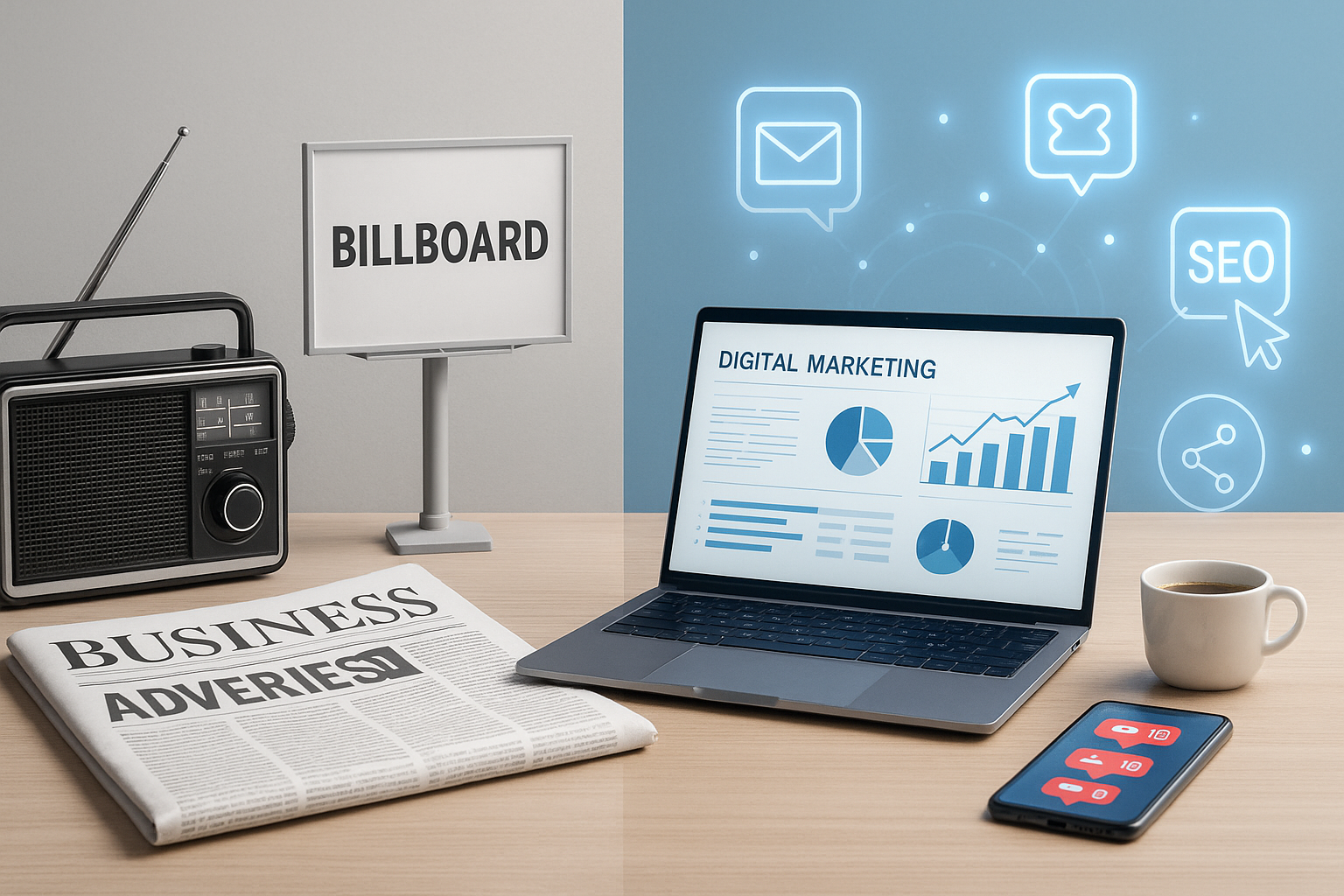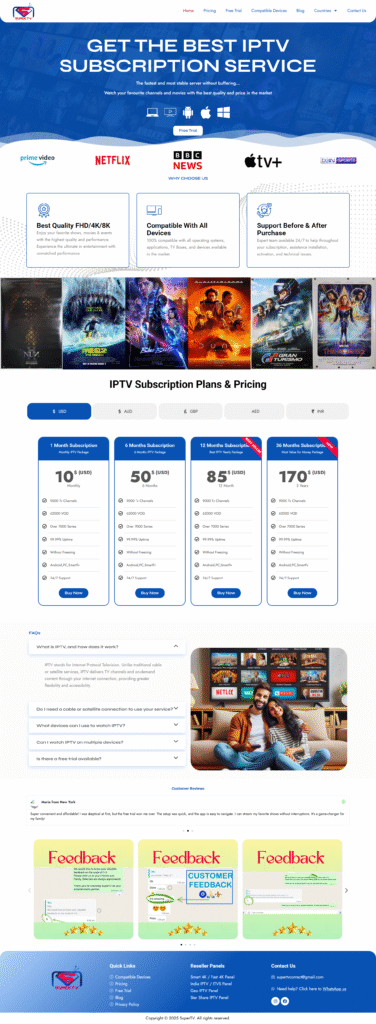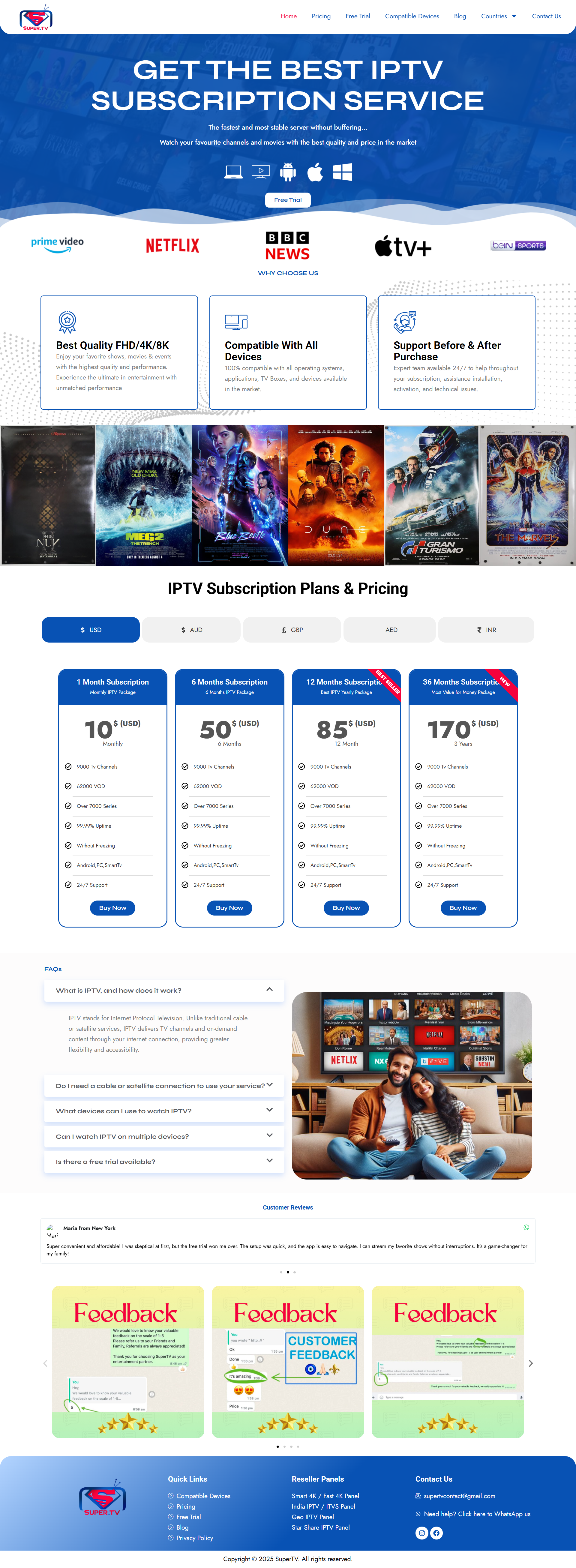
What is Digital Marketing Strategy?
Introduction
In the world of business growth, tactics like running ads or posting on social media may seem enough. But without a digital marketing strategy, these actions often fall flat. A strategy is the roadmap that guides your marketing efforts, ensures consistency, and drives measurable results.
So, what exactly is a digital marketing strategy, and why does your business need one? Let’s dive in.
1. Strategy vs. Tactics
Many business owners confuse strategy with tactics.
- Strategy is the big picture — your vision, goals, and how you’ll achieve them.
- Tactics are the tools — running ads, posting blogs, sending emails.
Think of it this way: if tactics are the bricks, strategy is the blueprint that shows how those bricks build your house.
2. Key Components of a Digital Marketing Strategy
A strong digital marketing strategy includes several core elements:
- Audience Research: Understanding who your ideal customers are and what they need.
- Clear Goals: SMART goals (Specific, Measurable, Achievable, Relevant, Time-bound).
- Channel Selection: Choosing the right platforms (SEO, social, email, PPC, etc.).
- Content Plan: Crafting blogs, videos, or campaigns that attract and convert.
- KPIs and Measurement: Defining success and tracking performance through analytics.
3. Why Every Business Needs a Strategy
Without a clear plan, businesses often waste money on random marketing efforts. A digital strategy helps:
- Align marketing with business objectives.
- Focus resources where they matter most.
- Create consistent messaging across all platforms.
- Improve ROI through data-driven decisions.
4. Example: With vs. Without Strategy
- Without Strategy: A business runs Facebook ads, posts random blogs, and hopes for results. They see clicks but no real growth.
- With Strategy: The same business defines their audience, sets a goal to generate 200 leads in 3 months, uses SEO to attract visitors, runs targeted ads, and nurtures leads via email. The outcome is measurable growth.
5. The Future of Digital Marketing Strategy
With advancements in AI, automation, and data analytics, strategies are becoming even smarter. Businesses that adapt will gain an edge over competitors still relying on guesswork.
Conclusion
A digital marketing strategy isn’t just a document — it’s your roadmap to sustainable growth. It aligns your goals, tactics, and resources to deliver maximum results.
👉 At The Whales Consulting, we specialize in creating strategies tailored to your unique business needs. Don’t leave your success to chance—book a consultation today and let’s build your digital growth plan together.




